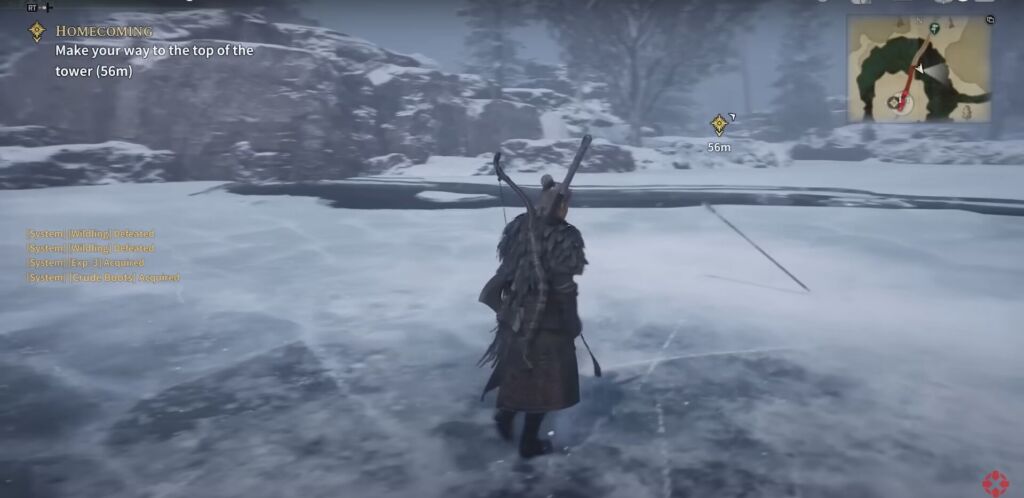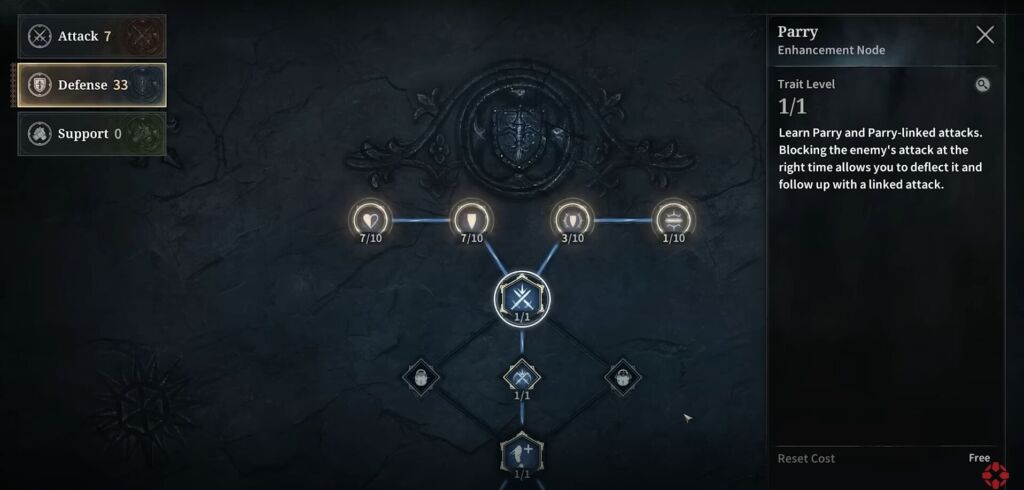Game of Thrones: Kingsroad Review — When George R.R. Martin was sketching the twisted bloodlines and power plays of Westeros in the ‘90s, he likely never imagined his world would one day become a mobile RPG that cares more about in-game currencies than house banners. Game of Thrones: King’s Road is that game—a glittering mirage of fantasy adventure that trades political drama for paywalls, and knightly valor for inventory upgrades.
At first glance, King’s Road sets the stage beautifully. You begin as a northern bastard of House Tier, thrown into a storyline set during Season 4 of the HBO series. Your father is gravely ill, your inheritance is stuck in legal knots, and your people are in need. Naturally, it’s up to you to smooth talk lords, settle disputes, and knock a few heads together. Familiar characters like Jon Snow and Samwell Tarly drop in, offering fan service and narrative bridges. Sounds like a recipe for an epic, right?
Not quite.

Despite its vast map and faithful re-creation of Westeros—from icy plateaus to Highgarden’s sunny shores—King’s Road starts showing wear and tear fast. It looks great in motion, but once you dive in, the focus shifts from grand adventure to tedious micromanagement. You’re constantly juggling in-game currencies, managing your estate, and getting stonewalled by something the developers call your momentum score—a magic number that determines whether you’re worthy of progressing in the main story.
Game of Thrones: Kingsroad Review
Here’s the kicker: if your momentum score isn’t high enough, you’re not allowed to continue. Doesn’t matter how good you are. The only solution? Either grind through dull side missions for hours… or open your wallet.
Combat tries to liven things up with flashy moves, class switching, and decent dodge mechanics. But the charm fades fast. Hitboxes are wonky, enemy types start to blur together, and skill trees offer little more than tiny stat bumps. Whether you’re 10 hours or 60 hours in, the fights feel more or less the same. What should have been a thrilling sword-swinging experience ends up feeling like a chore list in disguise.
Then there’s the estate-building segment. Your family’s ancestral village, Renan’s Rest, needs some TLC. Rebuild the forge, restore the jeweler, send workers on expeditions. These expeditions take eight real-world hours to complete. Unless, of course, you pay for instant results. Even fast travel—yes, fast travel—is limited unless you fork over a few digital coins. It’s not just pay-to-win, it’s pay-to-play-right-now.

And visually? While the world design occasionally shines—complete with stone ruins and snowy plains—there’s a jarring inconsistency in quality. NPCs bob their heads awkwardly during conversations. Your character moves like they’re skating on butter. Cutscenes range from eerie to downright broken, with lifeless stares and stiff animations that sap any emotional weight the scenes might have carried.
It’s a shame, really. The bones of a great game are here. The lore is respected, the map is expansive, and some quests are even cleverly written. But for every good idea, there’s a frustrating mechanic or a cash-grab lurking right behind it.
To be fair, King’s Road is free-to-play, and free games often include monetization. But this isn’t just about spending money. It’s about a design philosophy that places obstacles just frustrating enough to push players toward purchases. Want to skip the grind? Pay. Want to boost your power? Pay. Want to avoid waiting eight hours for a necklace upgrade? You get the idea.
Ultimately, Game of Thrones: King’s Road feels like a tragedy in its own right. A game that could’ve delivered a deep, immersive Westerosi experience ends up being a repetitive, monetized loop. It wants to make you feel like you’re climbing the ladder of chaos… but only if you’re willing to climb with a credit card in hand.
In Westeros, they say: When you play the game of thrones, you win or you die.
Here, it’s: You pay or you wait. And either way, you lose a little joy.
More Game Reviews
- How to Get Hive Fruit in Grow a Garden
- Hidan DLC Review — Naruto Shinobi Striker Season 9
- F1 25 Review – A Quiet Revolution Under the Hood
